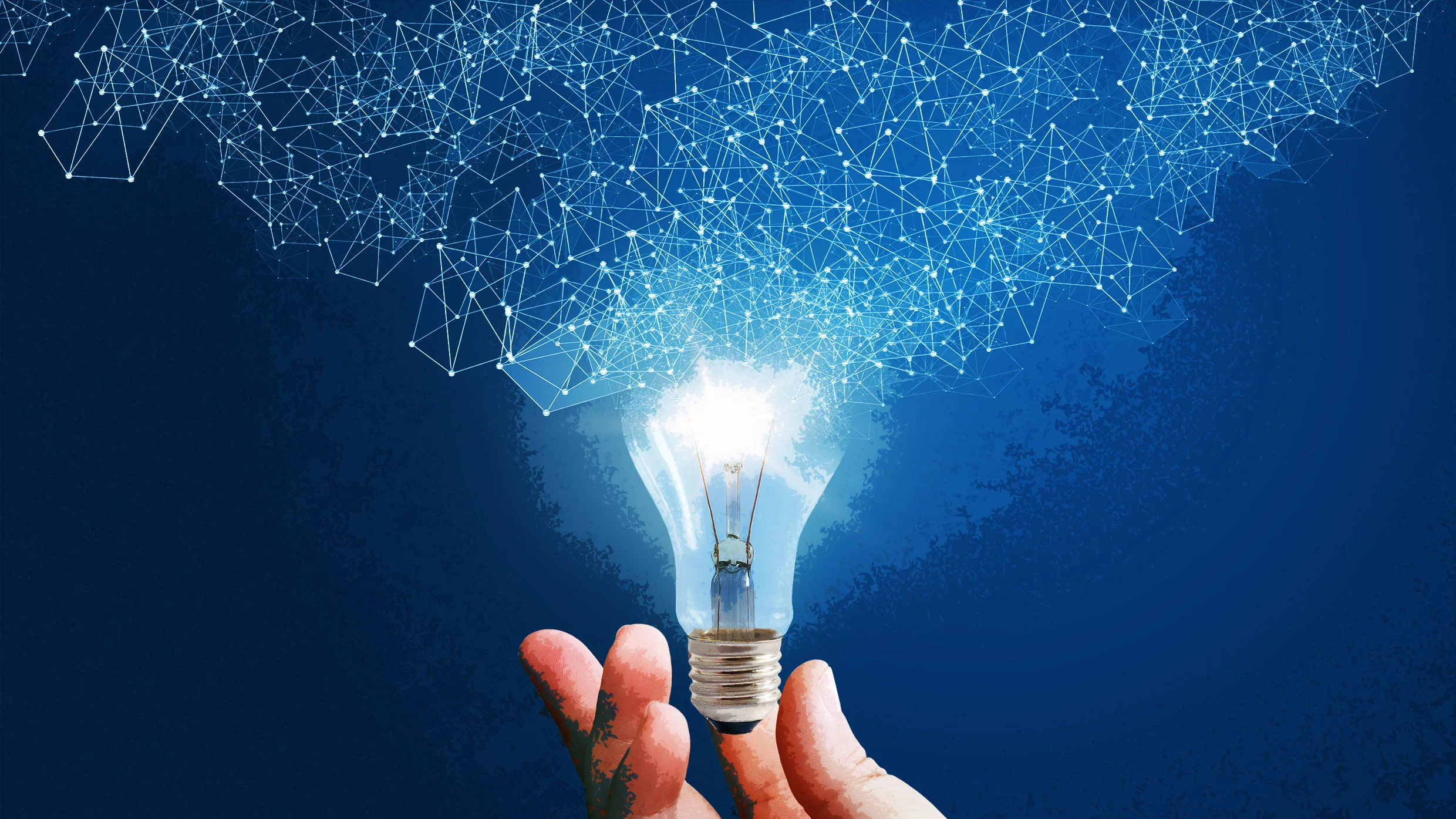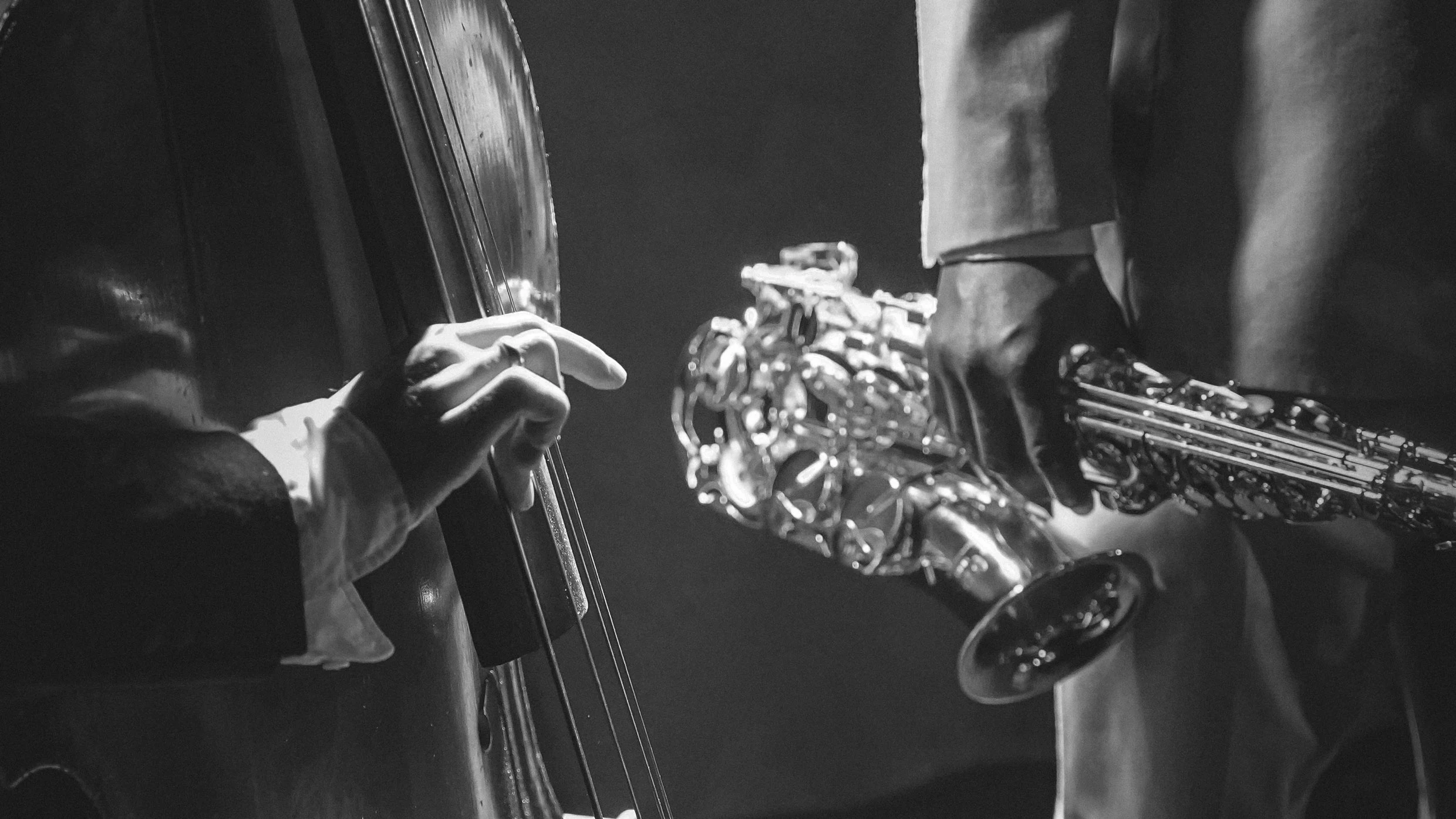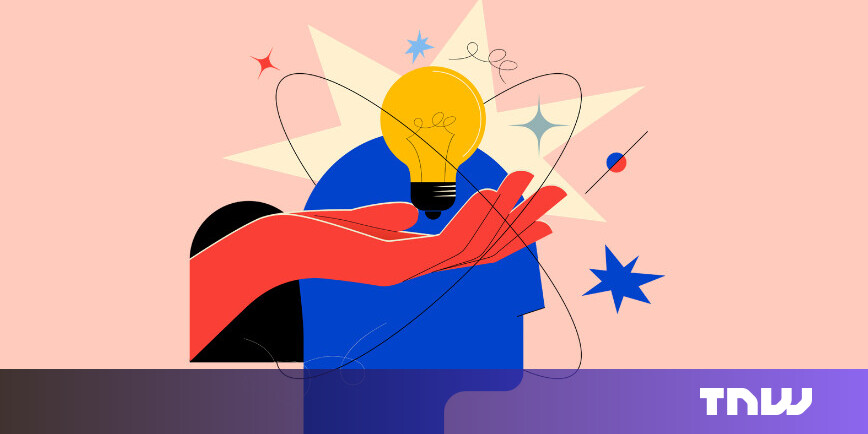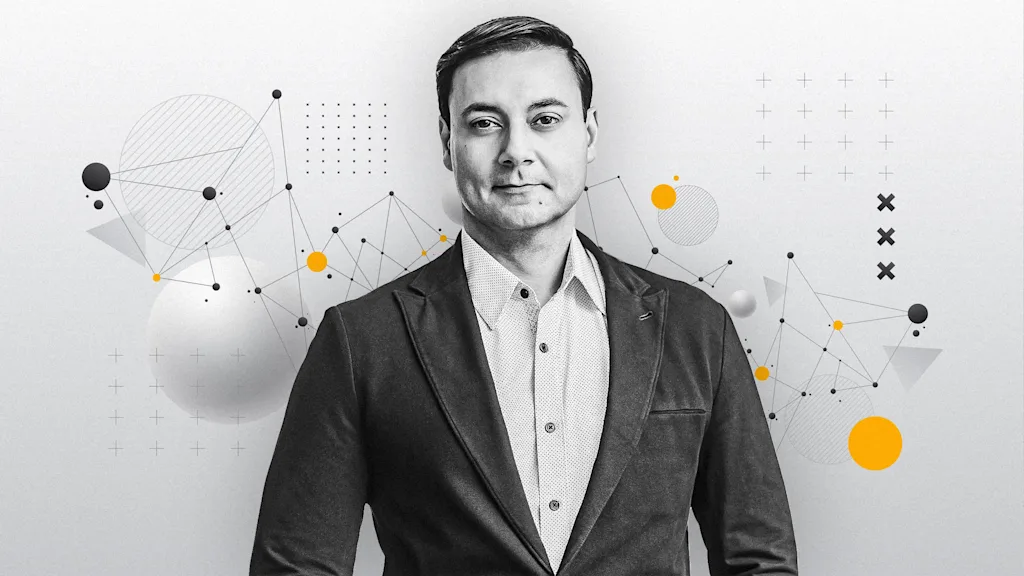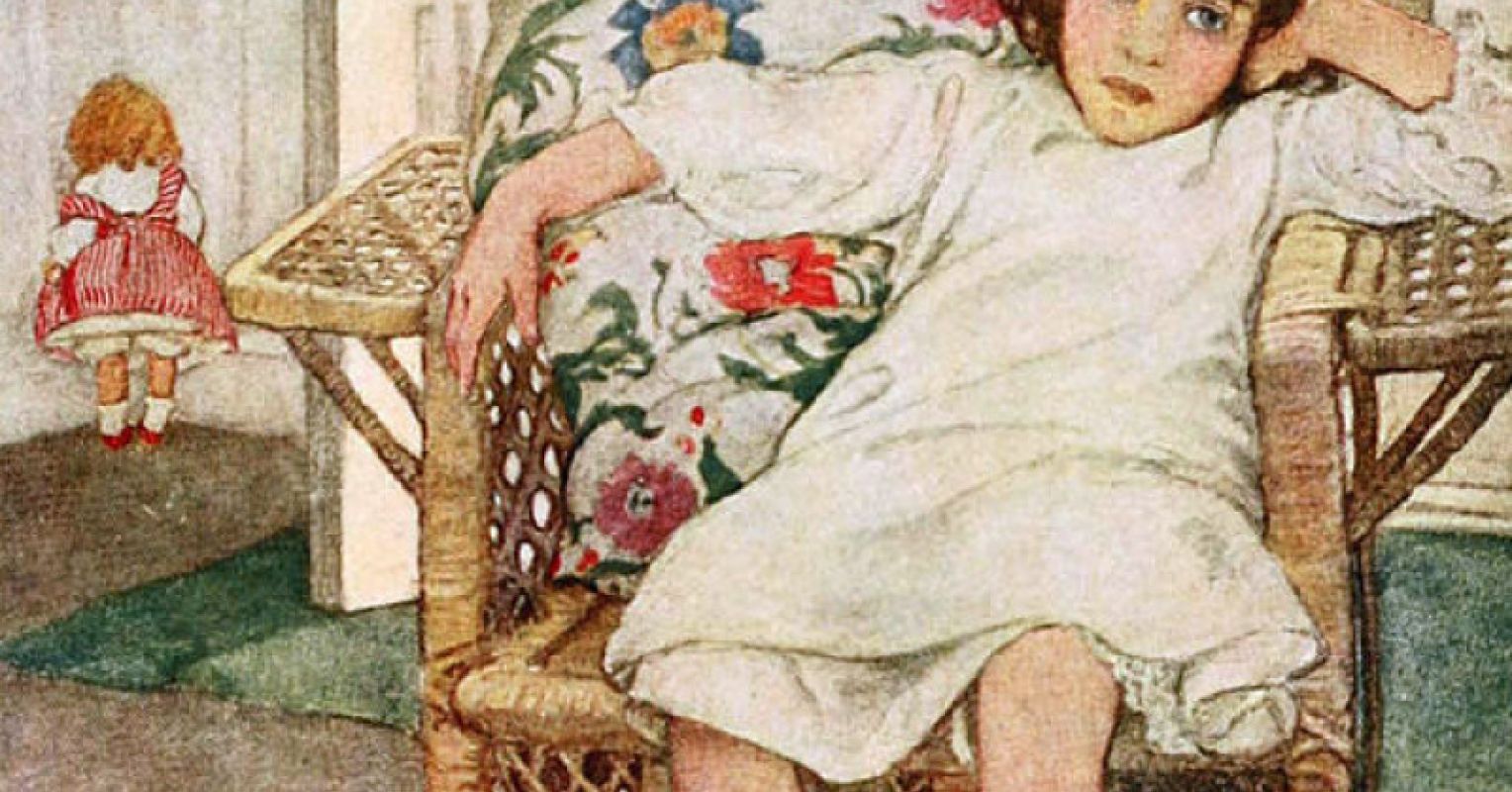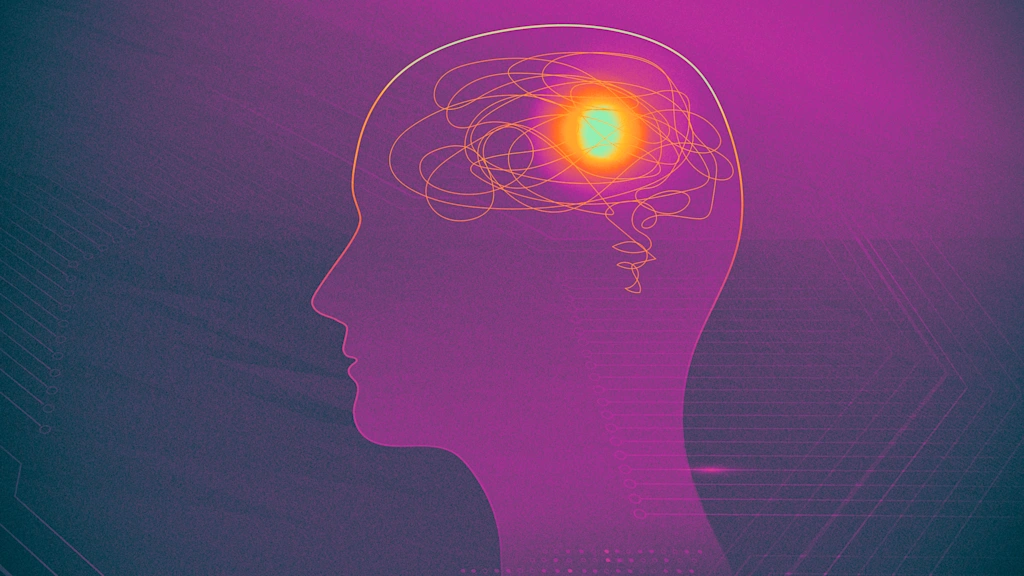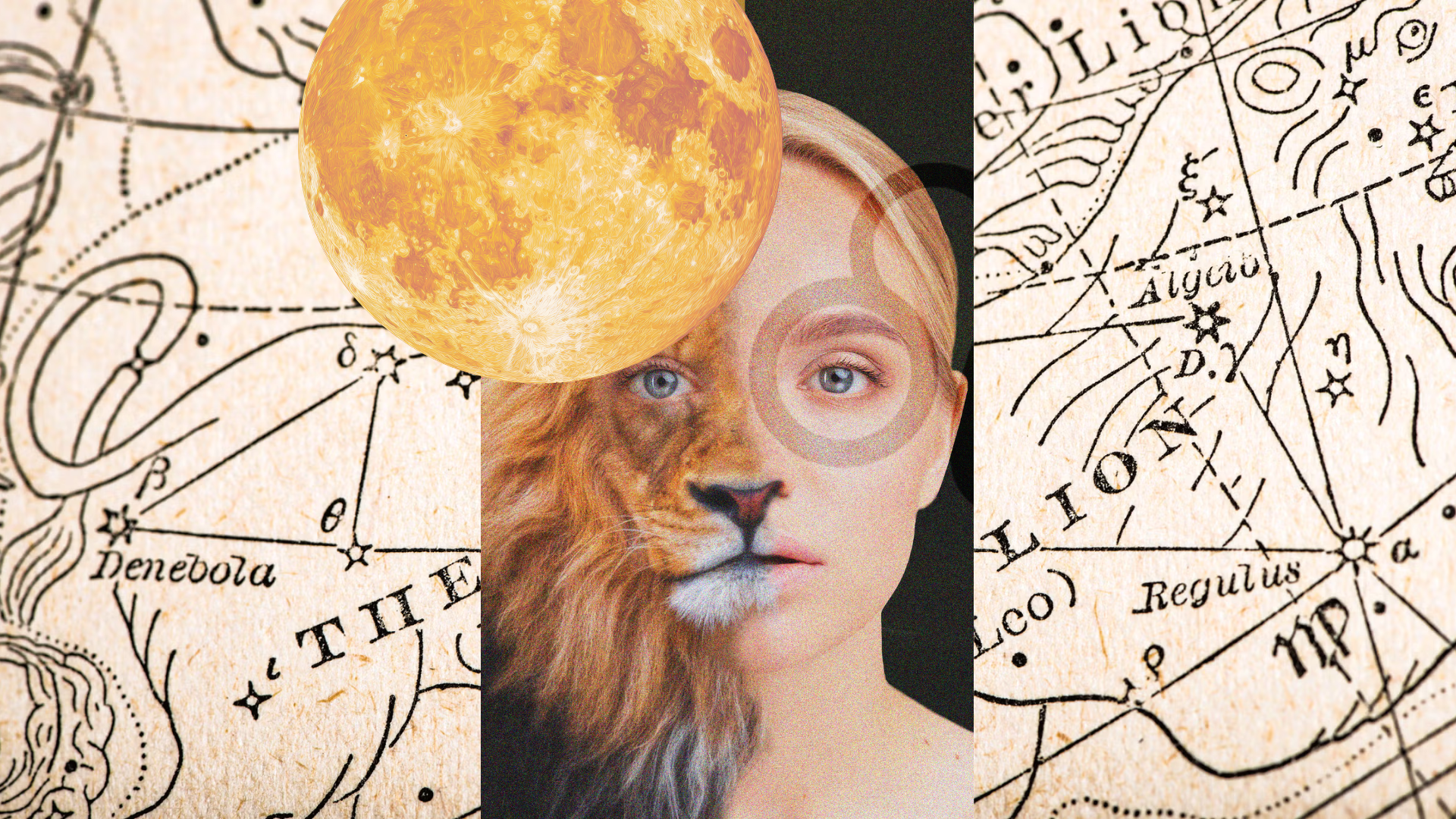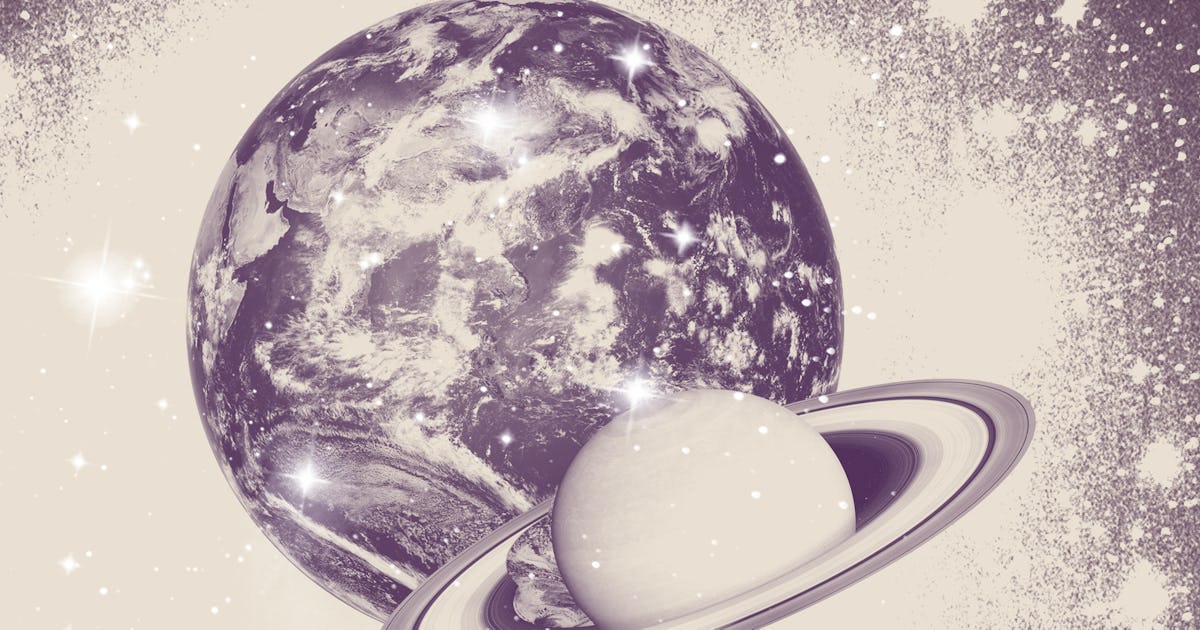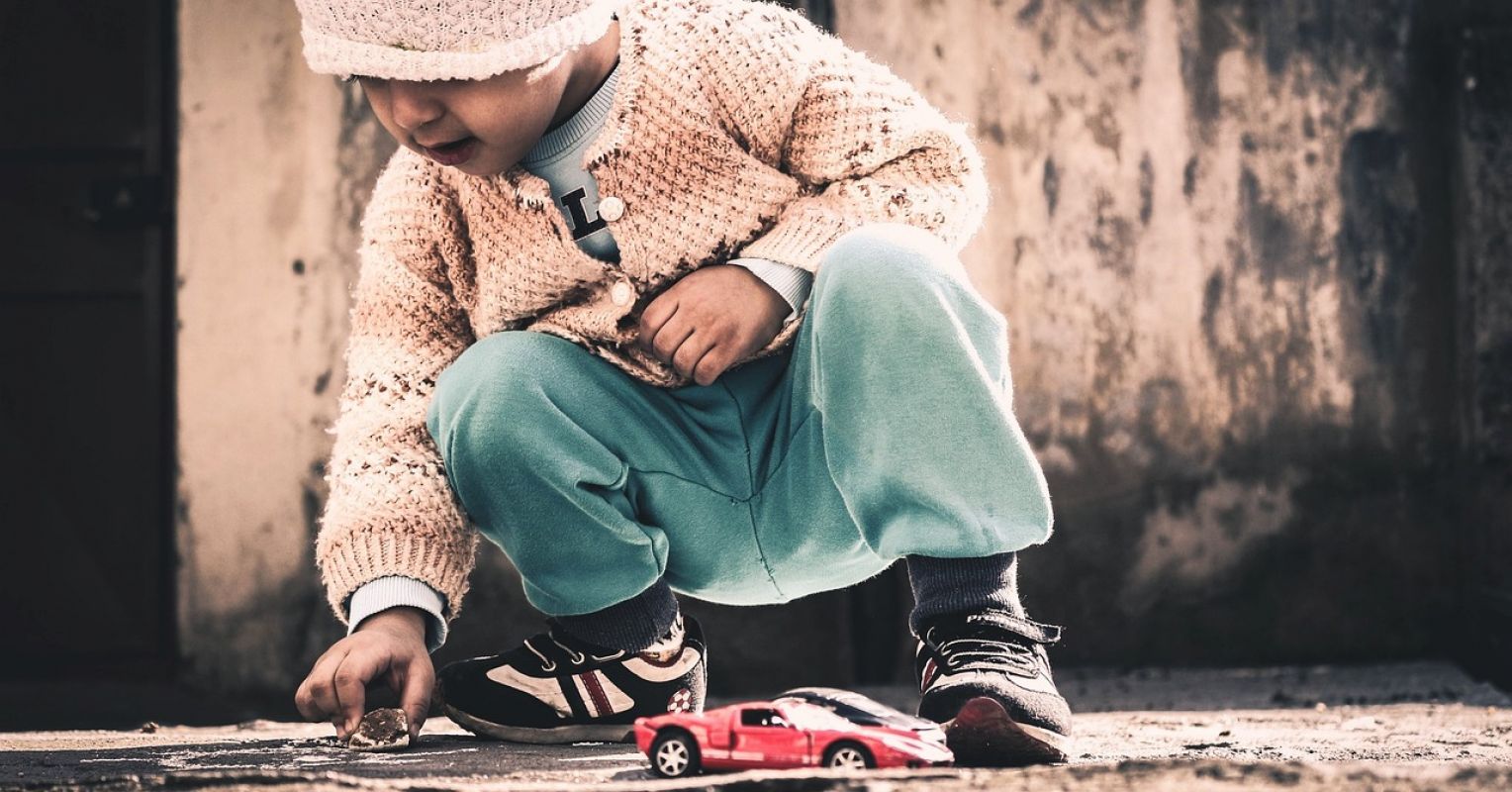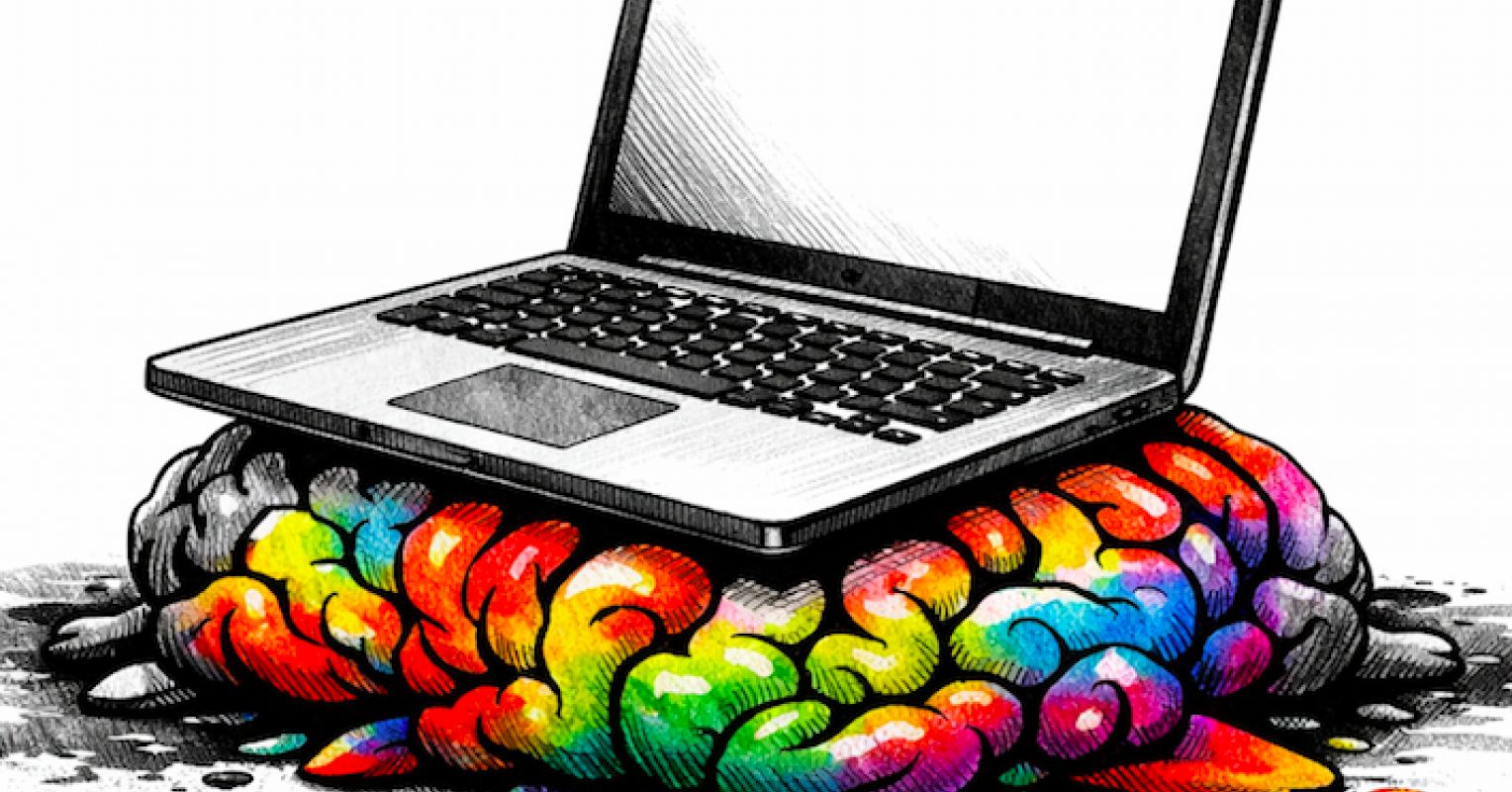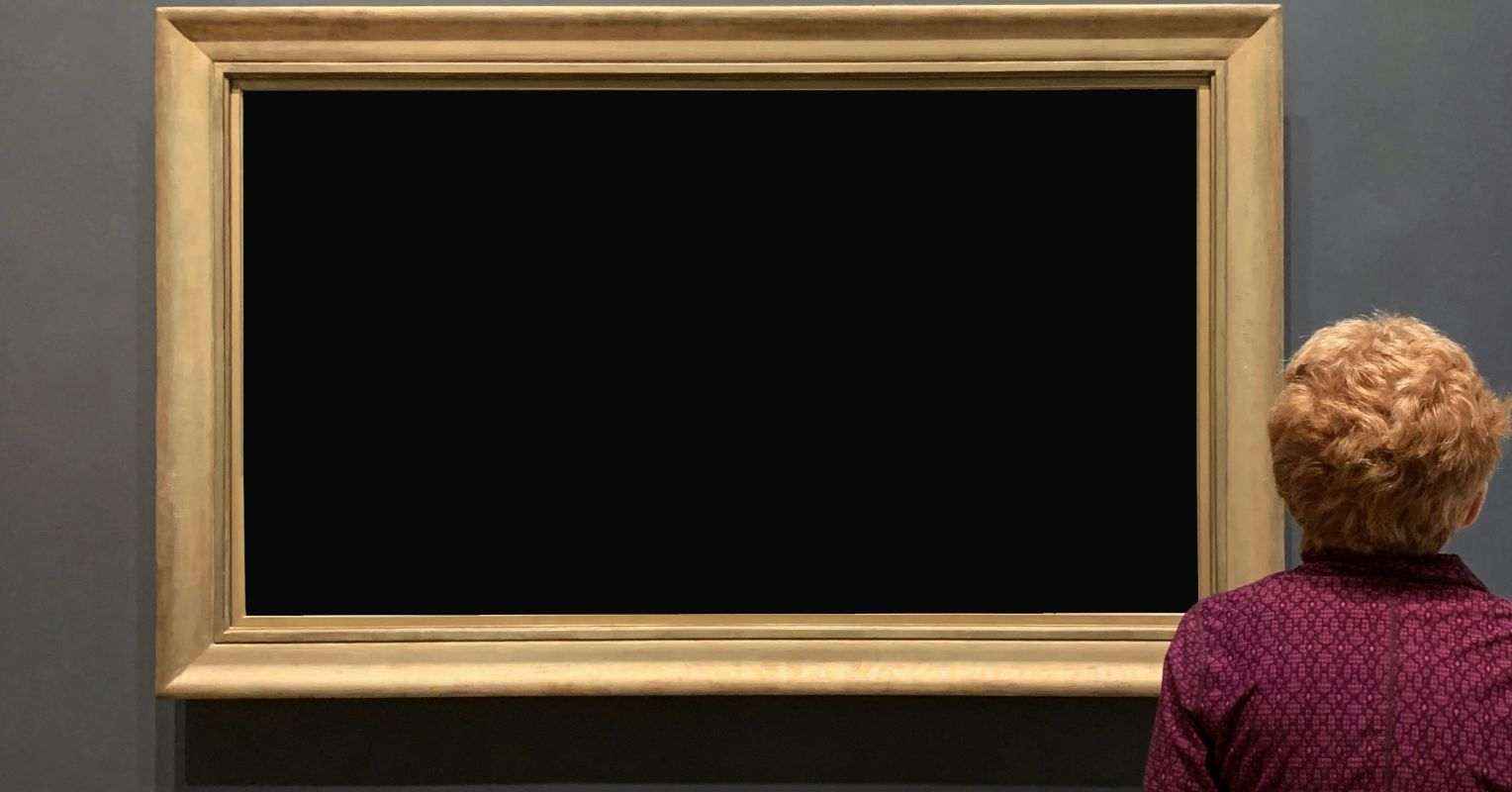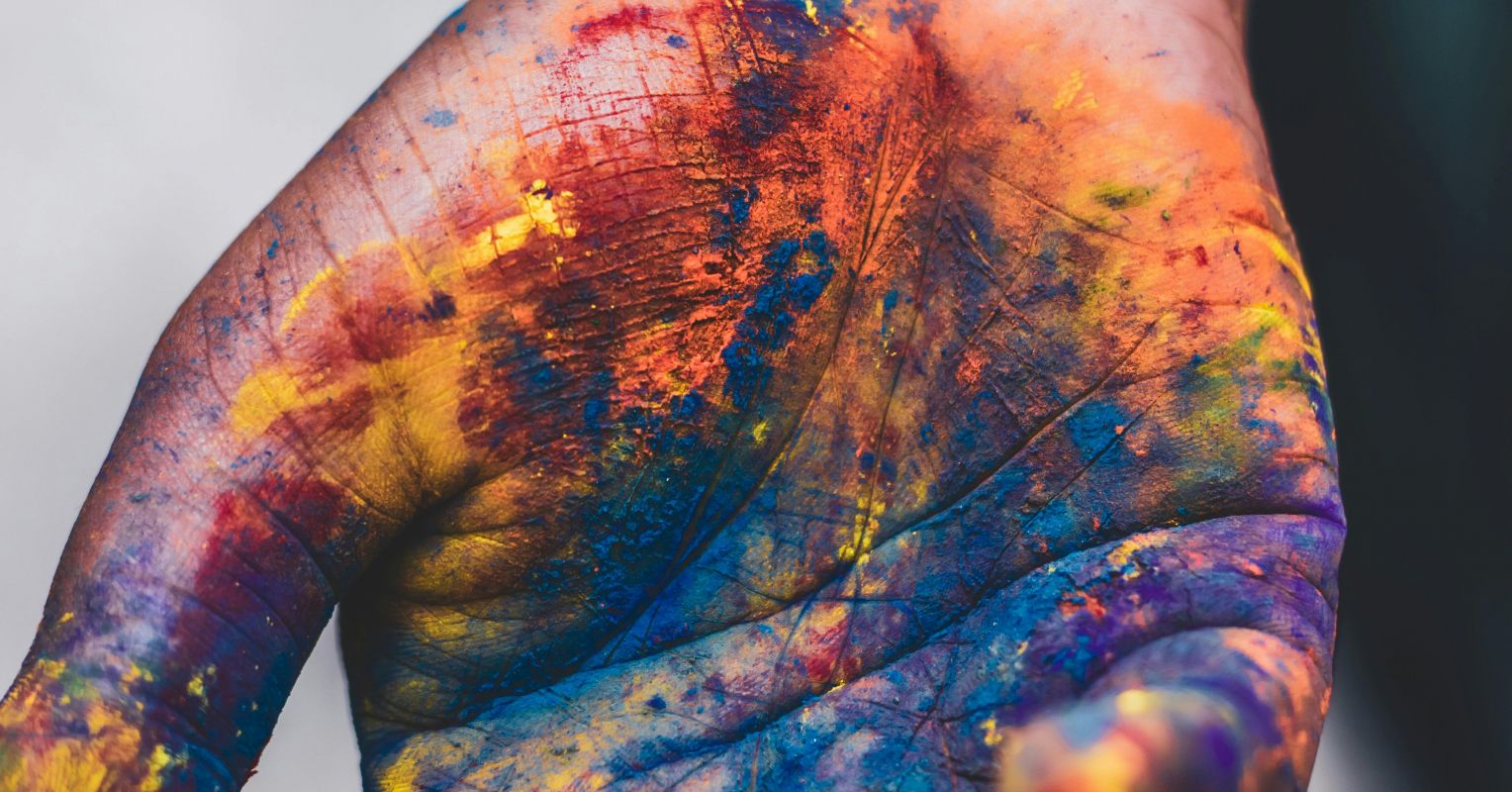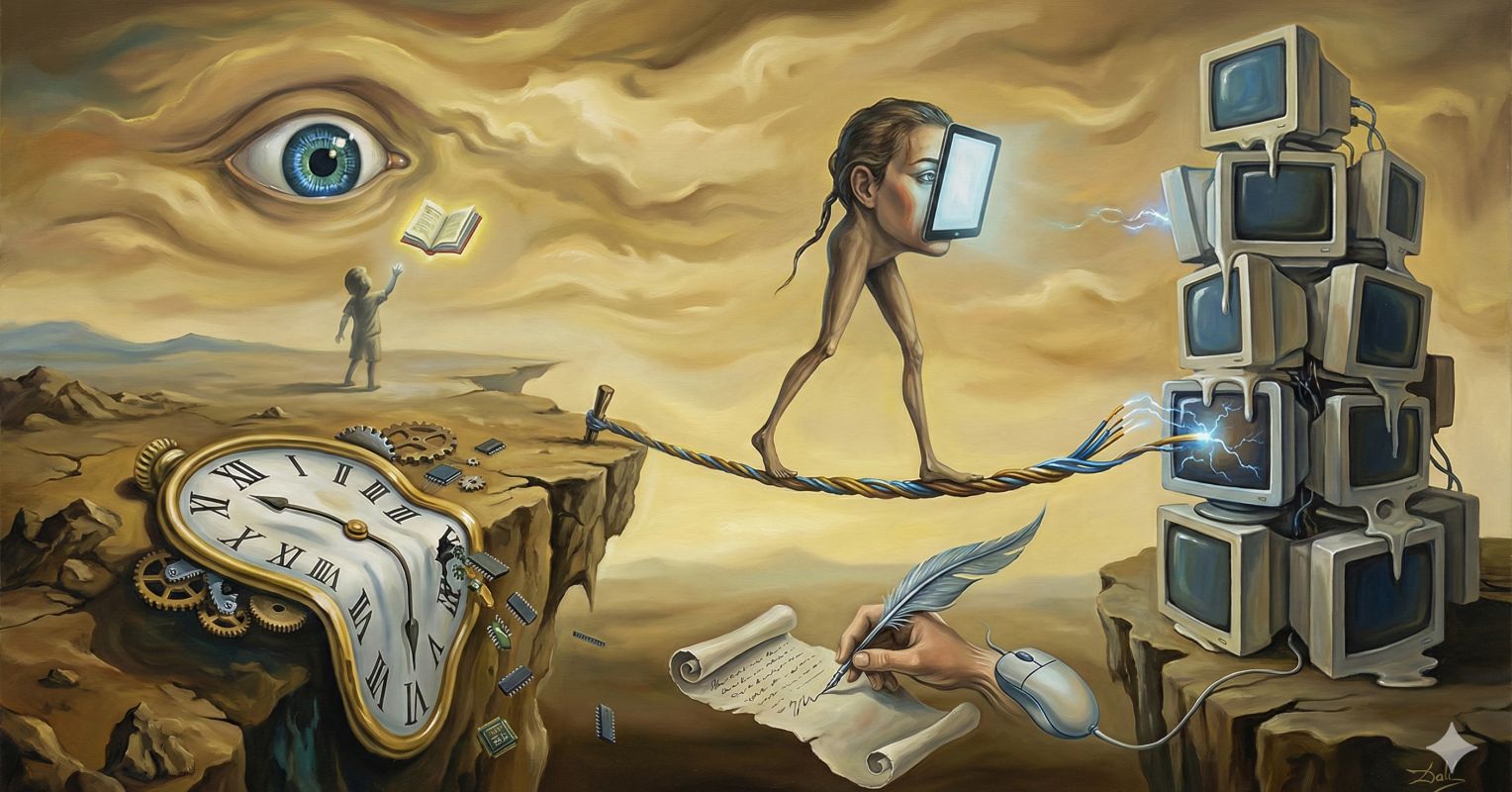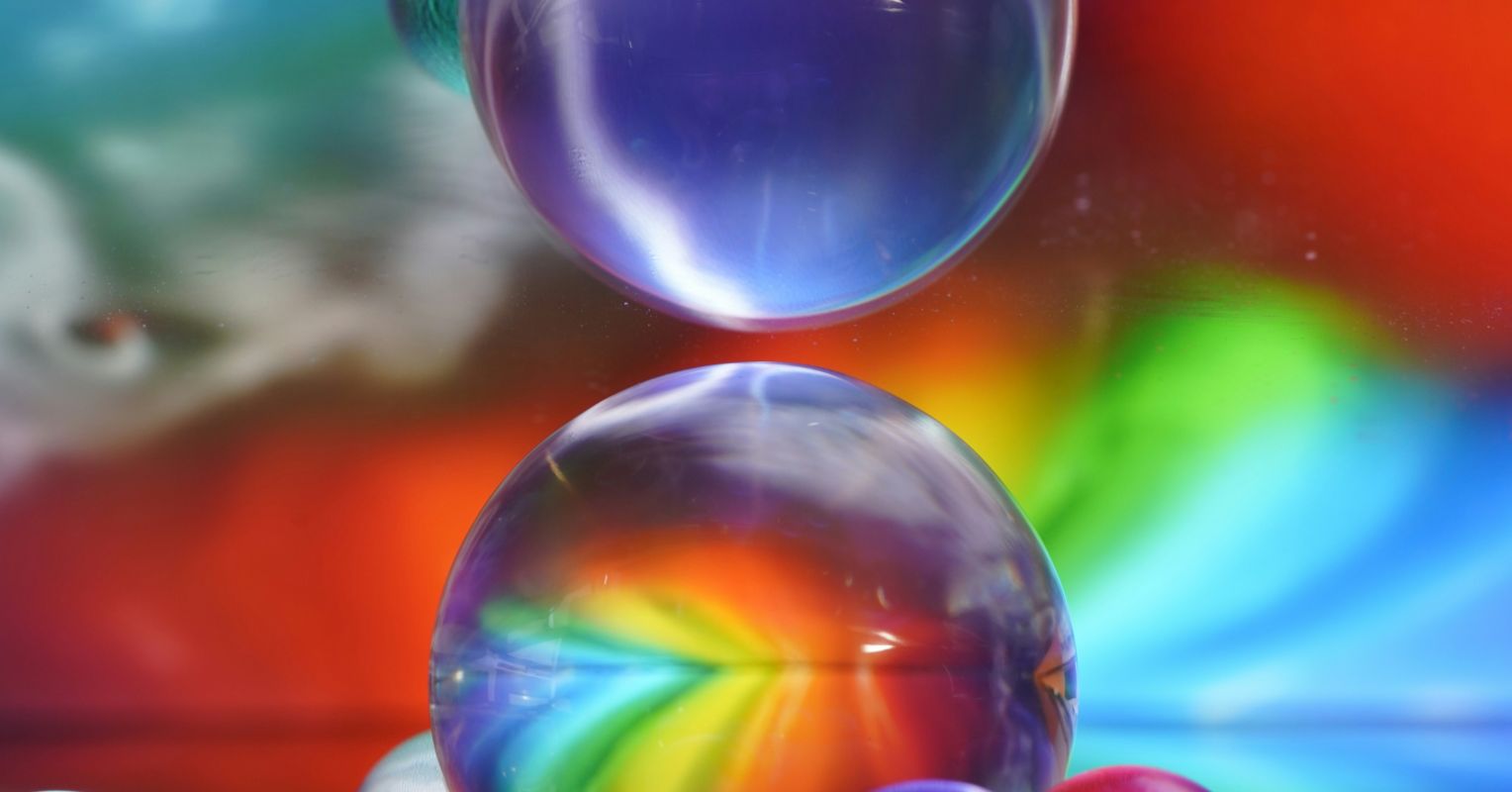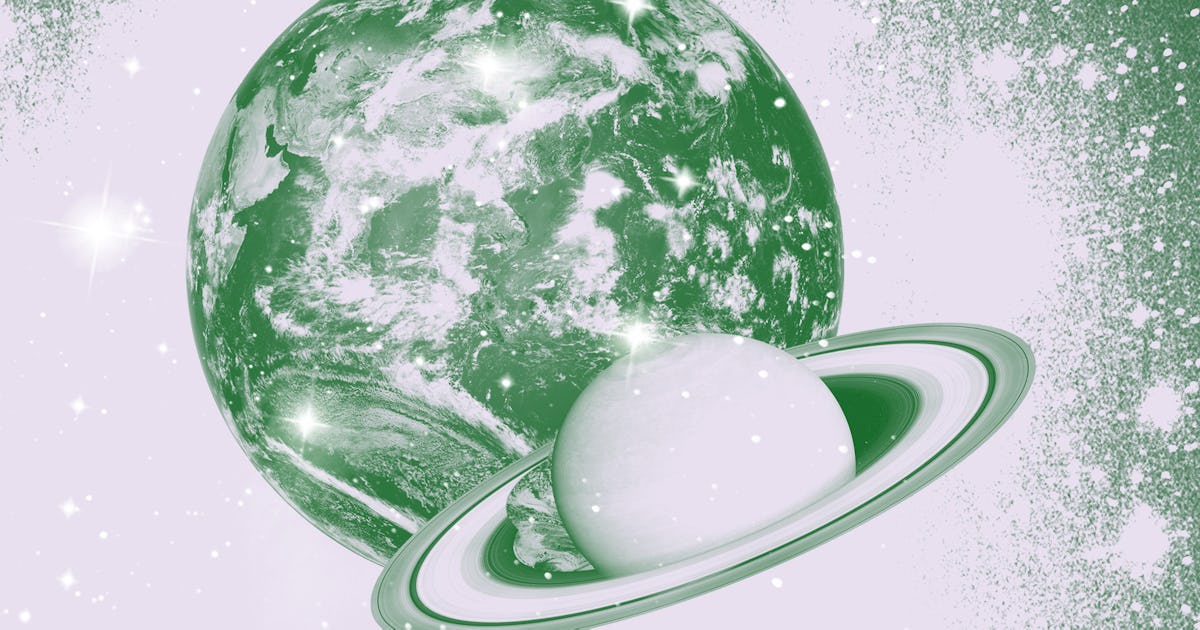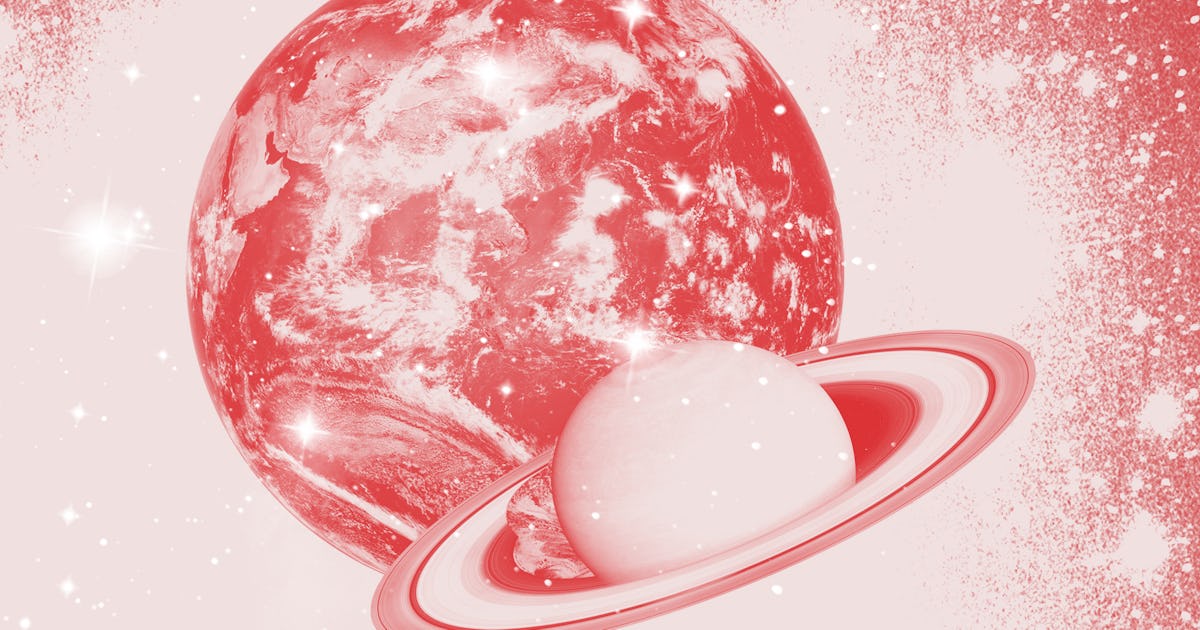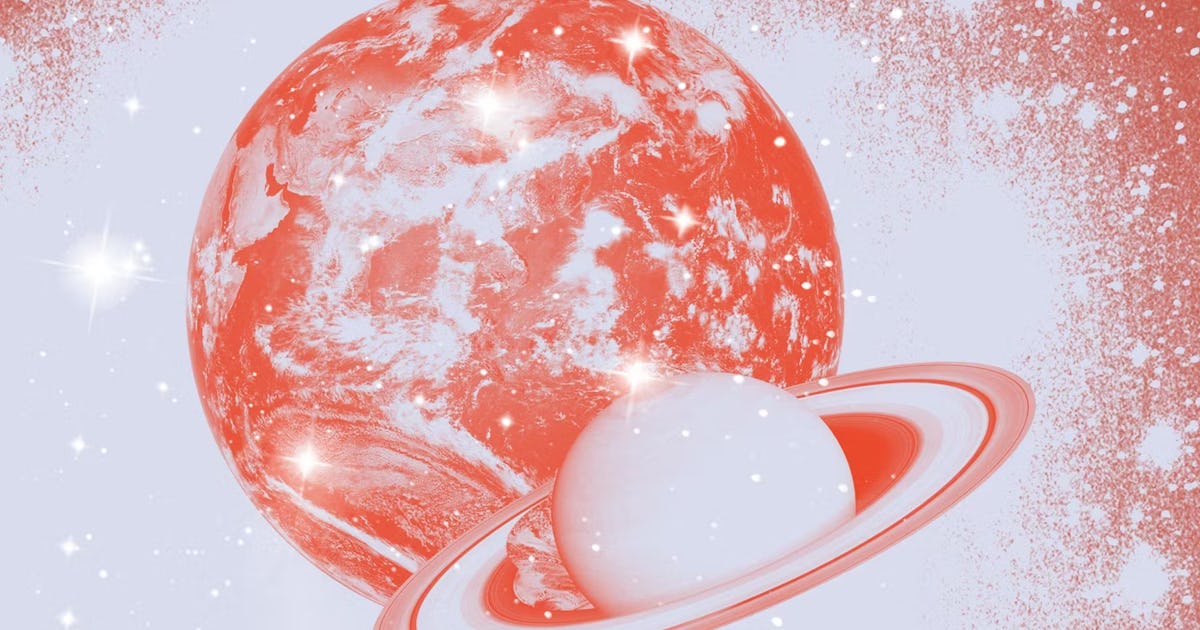#creativity
#creativity
[ follow ]
#productivity #innovation #entrepreneurship #creative-process #imagination #boredom #mental-health #mind-wandering
fromThe Washington Post
1 week agoWhy your most creative ideas may come after a night of sleep
Neuroscientist Karen Konkoly is a lucid dreamer. When she's asleep and immersed in a dream, she knows that she is, in fact, dreaming. One of her favorite things to do during these sleep sojourns is pose personal, even existential questions - probing the mysterious terrain of her own subconscious mind. Asa researcher who studies the human mind, Konkoly has read many scientific papers positing different explanations for why humans dream - and she's made it her mission to rigorously test them.
Science
fromThe Drum
2 weeks agoPiyush Pandey (1955-2025): lessons in life & advertising from Ogilvy's global creative chief
Everything we do is advertising and this recent trend of saying we do something different - content, direct mail, stories, whatever - is the most stupid thing I have ever heard.
Marketing
fromMedium
2 weeks agoCan you run out of creativity?
There's a particular kind of panic that hits when you're facing a creative problem, and the well just feels... empty. Every idea seems stale. Every solution feels recycled. And the question creeps in: Have I finally used up all my good ideas? Maybe it's your third attempt at solving the same design problem, and every solution feels like a pale echo of something you've already tried. Or perhaps you've been churning out work for months, and suddenly the spark you used to rely on? Gone.
Psychology
Wellness
fromSilicon Canals
3 weeks ago8 things highly successful people always do during their downtime, according to psychology - Silicon Canals
High achievers intentionally use downtime—disconnecting completely and pursuing restorative, creative activities—to boost creativity, reduce stress, and enhance long-term productivity.
fromPsychology Today
3 weeks agoWant to Be More Creative? Try Taking Away Instead of Adding
Most people think that sparking creativity is all about adding things[1]. They tend to think that the more they add to a particular venture or product or service, the better. More features-sure that will add to the creative element of the offering! More options? Yes, please! That will add choice, which will lead to better outcomes. We tend to associate more with being better. But when it comes to creativity, less is more.
Psychology
fromThe Drum
3 weeks agoIs there a golden formula to scaling and selling new brands?
Spend half an hour exploring #StrategyTwitter or #MarketingTwitter and you'll quickly discover huge swathes of talented folks arguing passionately about the correct way to market brands. On one end of the spectrum you'll find the staunch strategists quoting lines from Sharp's How Brands Grow (which is well worth a read), while on the other end you'll find people posting fairly nauseating Gary Vaynerchuk quotes in serif fonts about how the number one rule in marketing is 'love'.
Marketing
Wellness
fromSilicon Canals
3 weeks agoQuote of the day by George Bernard Shaw: 'We don't stop playing because we grow old; we grow old because we stop playing - Silicon Canals
Maintaining playfulness as an adult reduces stress, boosts creativity, strengthens relationships, and promotes youthfulness and overall well-being.
fromPsychology Today
3 weeks agoHow Storythinking Builds Resilience and Creativity
In the "Arabian Nights" ( The Thousand and One Nights) story collection, a young Persian queen named Scheherazade prevents the king's plans to execute her by telling a succession of stories so enthralling that the king doesn't want to miss the endings. In "The Crow and the Pitcher," one of Aesop's fables, a thirsty crow can't reach the water in a tall jug, so it drops pebbles into the jug until the water rises to its beak.
Psychology
fromMedium
1 month agoAI and Creativity: Why Human Imagination Still Matters in an Algorithmic World
As AI systems become more capable, more accessible, and more embedded in everyday workflows, creativity is emerging as one of the most important human skills in AI development and deployment. Not creativity as decoration or aesthetics, but creativity as problem framing, decision-making, and human judgment. In an era where many organizations are using the same models, tools, and platforms, creative thinking is what separates meaningful outcomes from generic ones.
Artificial intelligence
fromPsychology Today
1 month agoSurprising Ways You're Being Judged During Video Calls
Intuition might have you thinking that face-to-face contact is better at getting the creative juices flowing than a voice-only phone call. A 2022 study led by business professor Melanie Brucks, however, found that videoconferencing was detrimental to creative idea generation because communicators feel obligated to stare at the screen. The experiment pitted videoconference groups against in-person groups to see which could find more creative uses for different objects.
Remote teams
fromBusiness Insider
1 month agoParis Hilton said ADHD is a 'superpower' that helps her take risks as an entrepreneur
The 44-year-old original influencer, reality star, and founder of a laundry list of business ventures, said on the January 21 episode of "On Purpose with Jay Shetty" that her neurodivergent brain helps her "think outside the box." "I never wanted to be in one lane. I wanted to create my own lane. And I just have always been someone who just loves to do things and take risks and do things before anyone else," she said.
Mental health
fromFast Company
1 month agoHow to craft a recipe for creative breakthroughs
Develop a start-from-scratch mentality. Imagine walking into your kitchen each morning and seeing a completely empty pot-no leftovers, no old recipes, just a blank slate. That's what I face every day as a creator: the daunting but exhilarating task of starting fresh. This mindset is essential for innovation. We can't rest on yesterday's ingredients. We must embrace a beginner's mind, a state of utter unknowing, like a child who can see infinite possibilities and the extraordinary in the ordinary.
Startup companies
fromMedium
1 month agoWhy remote work stopped working for me
Remote work is amazing and so is pizza. But you shouldn't eat pizza every day and you shouldn't work from home every day either. As an introvert I hate small talk and loud spaces, so when remote work became the default during COVID, it felt like the world had finally adjusted to me. No commute, no noise and no forced conversations. I could work in silence with my cat on my lap.
Remote teams
fromFast Company
1 month ago5 reasons why you should laugh more and not take yourself so seriously
When asked to rate high-performing candidates and average candidates, study participants preferred the high performers. No surprise there. But the highest-rated candidates of all were the high performers who had also just spilled coffee all over themselves before walking in the door. In other words, we want you to be able to do your job, but we don't mind if you're kind of a mess. In fact, we prefer it! You're relatable.
Humor
fromFast Company
1 month agoHow to balance intuition and strategic thinking
Balancing gut feelings with hard data isn't a soft skill. It's a strategic advantage. In an era where AI, automation, and ubiquitous dashboards flood us with metrics, it's tempting to believe that better spreadsheets alone will yield better decisions. But our most consequential choices rarely emerge from a cell in column D. They arise from an ongoing negotiation between intuition and rational analysis.
Artificial intelligence
fromPsychology Today
1 month agoHow Curiosity and Imagination Sustain Long-Term Love
We recently participated in a weekend symposium focused on the intersections of imagination, neuroscience, art, and psychedelics at the UC San Diego Imaginarium. Viewing our couples' therapy work from this perspective was exciting and inspiring, and it reaffirmed something we have always known: The couples that stay vibrant, resilient, and deeply connected are the ones that remain curious about each other and creative and imaginative about their relationship. They don't just love one another. They are present and mindful, and they imagine and play together.
Relationships
fromPsychology Today
1 month agoThe New Neighbor: Moving From Fear to Acceptance in the Age of AI
When the new arrives, we generally have two choices in how we respond. The first path is resistance. This is the path of fear. We tighten up, we judge the change, we worry about the future, and we try to fight it. This path almost always creates suffering. The second path is acceptance. This doesn't mean "giving up"; it means opening up. It is the path of curiosity where we observe, learn, and adapt. This path creates peace.
Artificial intelligence
Mindfulness
fromFast Company
2 months agoHere's why visiting museums between Christmas and New Year's makes me a better leader
Full-day museum visits during the holiday slowdown provide uninterrupted presence and reflection that refuels creativity, clarifies priorities, and returns leaders to work with renewed energy.
fromBOOOOOOOM!
2 months ago2025 Booooooom Photo Awards Judges: Introducing Nelson Chan
In the 5th grade, I remember making a drawing of something in art class. What ended up on paper was exactly what I had seen it in my head. Something cognitive manifested into something physical, and I had felt creativity for the first time. As a young teen, I had been listening to bands like The Decendents, Face to Face, and The Gorilla Biscuits.
Photography
fromenglish.elpais.com
2 months agoThe day the creator of Tetris met the inventor of the Rubik's Cube: We have to look for entertainment that challenges us'
This, says Alexey Pajitnov, while holding a scrambled Rubik's Cube, is my favorite puzzle. But I also think it's simply one of the best things humanity has ever invented. If we could only send 10 things into space, this should be one of them. Standing beside Pajitnov who revolutionized the digital world when he created Tetris, the best-selling video game of all time is the cube's creator, Erno Rubik, smiling widely.
Games
fromATD
2 months agoBe More Creative-With a Little Practice
When we think of creativity, we don't usually think of it as a skill one can develop through hard work and intent, like learning a new language or developing our math abilities. Often, we think of artists or entrepreneurs as inherent geniuses, born with some genetic quality we could never obtain.
Marketing
fromFast Company
2 months agoThe beauty of a blank canvas -and other secrets of creativity
Some days, starting feels effortless. A clear challenge or opportunity presents itself, an idea crystallizes, and then contracts into a single coherent thought. Today, frankly? That's not happening. I'm staring at a pristine white canvas while the cursor mocks me. That uncomfortable space-the blinking cursor, the first messy draft, the false starts-isn't a nuisance. It's where creativity lives. Today, the temptation is to skip past all that.
Artificial intelligence
fromPsychology Today
2 months agoHow Do You Catch a Trophy Idea? Deep Mind Fishing
"[My train of thought] let its line down into the stream. It swayed, minute after minute, hither and thither among the reflections and the weeds letting the water lift it and sink it until-you know the little tug-the sudden conglomeration of an idea at the end of one's line."
Science
Artificial intelligence
fromFortune
2 months agoAI can lead to 'somewhat mediocre' results for designers, warns CEO of design consultancy IDEO | Fortune
Human creativity, playfulness, and experimentation combined with AI's pattern recognition and iteration produce original, non‑mediocre design outcomes.
fromPsychology Today
2 months agoEmbrace the Now-verse, Life Is Not for the Dead
Everyone's heard that expression, "Life is for the living." I've always assumed living in this context was a noun referencing all people currently alive. Now I'm looking at it as a verb. Think of it as a verb, as an action, as I say that life exists not for the dying of it, but for the living of it. Well, of course, right? Living occurs right now, in the present. Life is a gift.
Mindfulness
fromPsychology Today
3 months agoHow Food Affects Your Creativity
A group of researchers from Aarhus University in Denmark offered "...an outlook on potential ways in which what we eat, where we eat, and how we eat might positively support creative thinking, with applications in the workplace and home. [They presented] the view that, by offering a rich multisensory experience, eating nourishes not only our bodies but our mental well-being." They went on to state that, "If creativity is based on the process of discovering heretofore unknown links between different areas/sensory attributes, then consuming food that offers more sensorial experiences should give more opportunities for inspiration."
Food & drink
[ Load more ]
